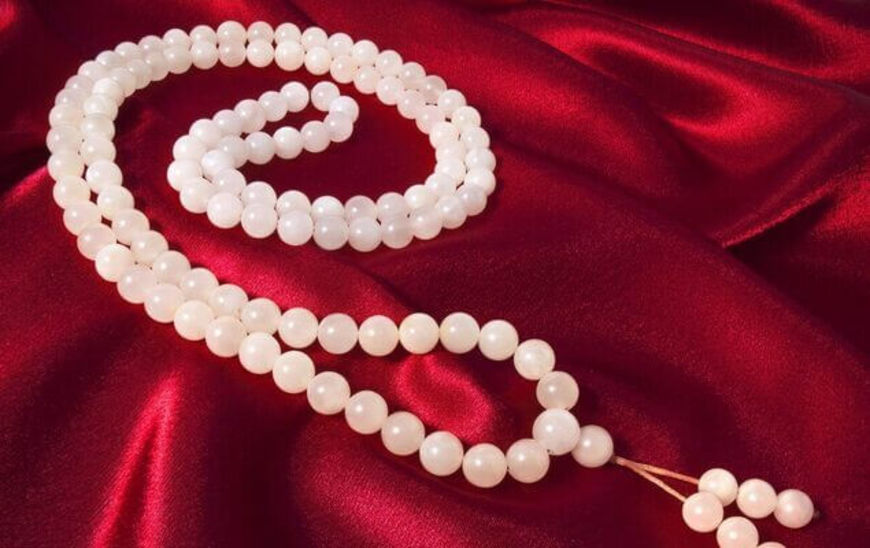
The intimate connection between rosary beads, known as "misbaha" or "tasbeeh," and human physiology is a testament to the intricate tapestry of traditions within the Muslim community. These beads, revered for their spiritual significance, transcend religious rituals, offering a holistic touch that intertwines physical and mental well-being.
Physiological Impact
The fingertips, enriched with abundant nerve cells intricately linked to crucial brain centers, render palm stimulation an avenue for multifaceted benefits. Beyond refining fine motor skills, this tactile engagement serves as a beacon for enhancing concentration, attention, and memory. The soothing touch of misbaha is a sanctuary, offering respite from stress, asthenic episodes, and potentially playing a role in managing neuroses and depression. This innate understanding of their therapeutic value draws individuals towards the creation and handling of rosary beads within Muslim communities.
Ancient Wisdom Resurfaced
The application of tactile stimulation for well-being is deeply rooted in history. Ancient Chinese and Japanese medical practices recognized the potency of palm manipulation, a sentiment echoed in Tokuhira Namikoshi's teachings on shiatsu. The notion that mere palm rubbing can instill calmness and vitality aligns harmoniously with the comforting sensation experienced while handling misbaha.

Diverse Therapeutic Influence
Rosary beads offer a diverse spectrum of physiological benefits through deliberate movements tailored to specific fingers. Moving beads between the thumb and index finger not only alleviates headaches but also regulates breathing. Involving the middle finger aids in managing emotional responses, while massaging the ring finger reduces sensitivity to weather changes. Kneading the entire strand within the palm creates a symphony of influence on internal organs, fostering a sense of balance and harmony.
Beyond their therapeutic influence, misbaha symbolizes a spiritual bond within Islamic culture. It embodies devotion and tranquility, guiding individuals on a spiritual journey while offering solace amidst life's trials.
Practical Applications for Well-being
Rosary beads extend beyond religious practice, providing a therapeutic pathway for physical well-being. Regular handling aids in preventing joint-related ailments like arthritis and osteoarthritis, offering relief to those engaged in prolonged manual work.
The inherent wisdom encapsulated within these beads transcends generations. They echo ancient principles of holistic healing, acknowledging the interconnection between body, mind, and spirit. Within the intricate patterns and rhythmic movements lies a subtle remedy—an age-old technique that, although subtle, carries a significant impact on physical well-being.
The therapeutic potential of misbaha aligns seamlessly with the holistic lifestyle embraced by many within Islamic communities. It's not merely about religious devotion but about embracing a wholesome approach to well-being. The tactile engagement with these beads becomes a ritual, a moment of mindful reprieve amidst life's hustle—a gentle reminder to nurture the body while enriching the soul.
Within the palms of Muslims, rosary beads aren't just artifacts of faith; they're conduits of holistic well-being. Their therapeutic touch echoes through ancient wisdom, providing comfort and equilibrium to both body and soul within Islamic communities.
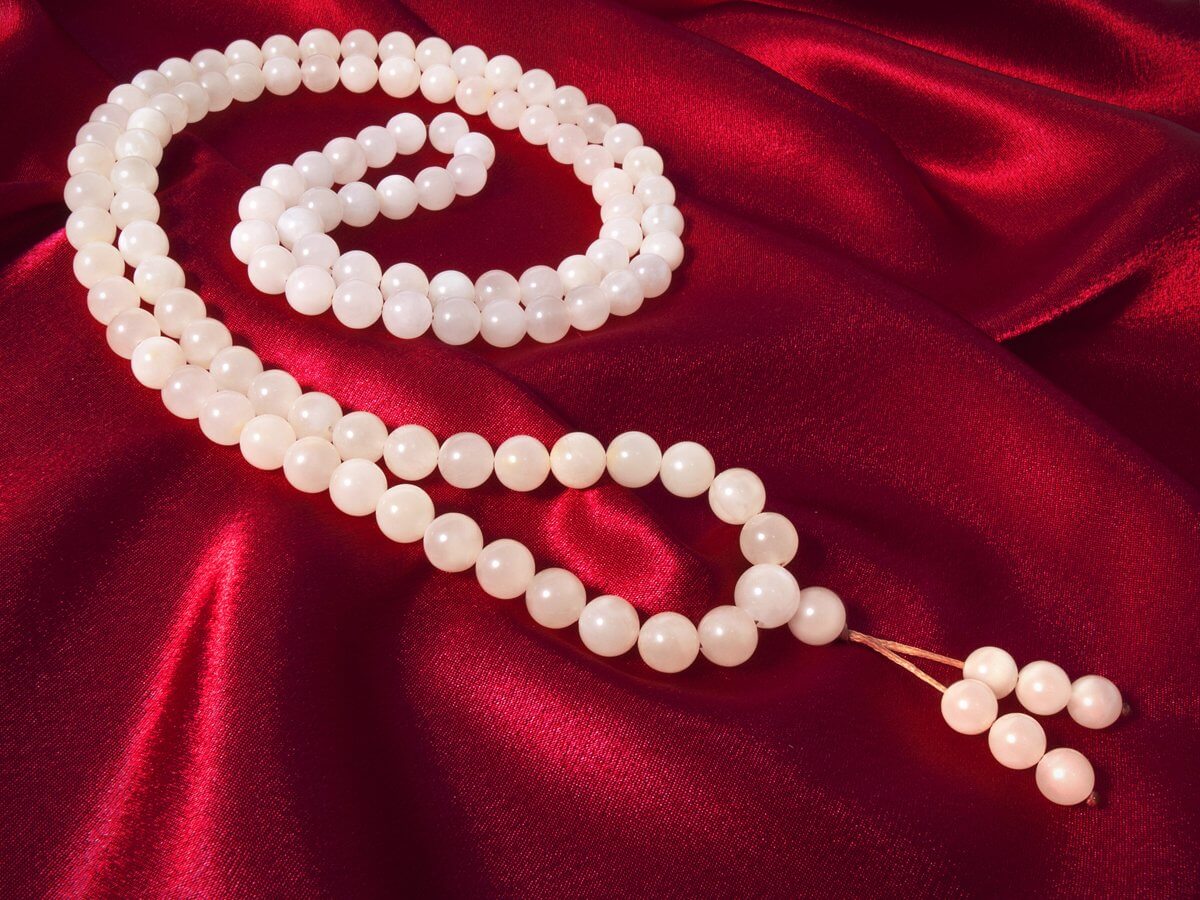
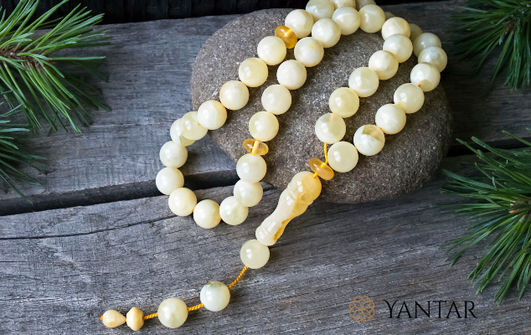
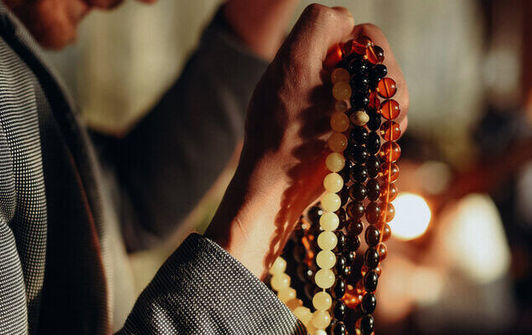
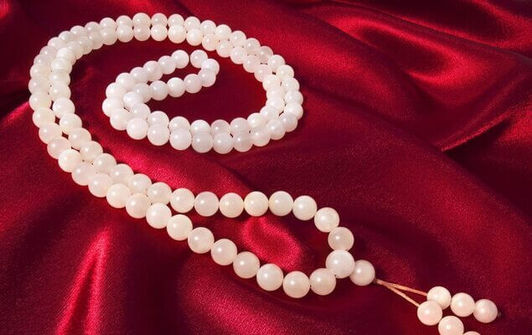

 Jewelry
Jewelry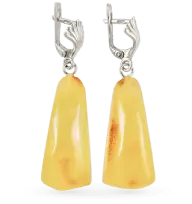 Silver amber jewelry
Silver amber jewelry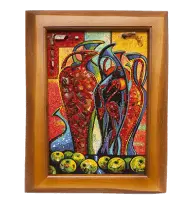 Amber pictures
Amber pictures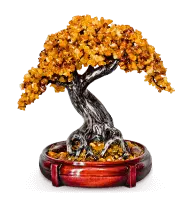 Souvenirs
Souvenirs